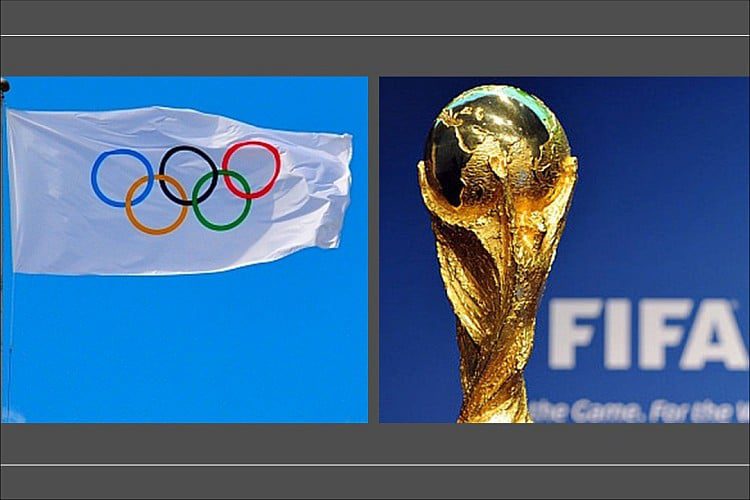The Olympics and the World Cup are two major sports events that bring people from around the world together to cheer for their favorite national teams and athletes. While the Olympics have a wider range of sports and participants from every country, the World Cup is a soccer championship that involves 32 teams from around the world. Both events attract massive interest and media coverage, and their legacy can boost economies, tourism, and trade for years to come. Ultimately, both events showcase the culture, talent, and sportsmanship of athletes and countries worldwide and leave behind a lasting impact.
The Olympics vs. The World Cup: The Greatest Sports Events
Sports events can bring people from different parts of the world together, cheering for their favorite national teams and athletes. Among the biggest and most popular sports events are the Olympics and the World Cup. Both events gather a massive audience, generate billions of dollars in revenue, and showcase athletes’ skills on an international level. However, the Olympics and the World Cup have some fundamental differences that set them apart. In this article, we will compare and contrast the Olympics and the World Cup.
History
The modern Olympic Games were founded in 1896, inspired by the Ancient Greek Olympiad dating back to 776 BC. The Games are held every four years, with alternating summer and winter editions. The Olympics gather thousands of athletes from different countries and feature a wide range of sports. The World Cup, on the other hand, is a soccer championship that started in 1930 in Uruguay. The tournament takes place every four years and involves national teams from various countries.
Countries and Participants
The Olympics invite athletes from every country in the world to participate, and the number of athletes and sports can vary between editions. In the most recent Olympic Games held in Tokyo in 2021, 206 countries participated, with a total of 11,091 athletes competing in 33 sports. On the other hand, the World Cup features 32 teams from around the world that have qualified through regional competitions. The number of athletes in the World Cup is limited to the 23-player squad of each team, consisting of only soccer players.
Interest and Media Coverage
The Olympics and the World Cup attract massive interest worldwide, with billions of viewers tuning in to watch the events. However, the popularity slightly differs in some parts of the world. For instance, soccer is the most popular sport globally and has a more significant following than some of the Olympics’ lesser-known disciplines. On the other side, some countries prioritize other sports, and the Olympics appeal more to them. Similarly, media coverage varies depending on the country and the sport’s popularity. Nonetheless, both events receive extensive media coverage, and the closing ceremony of the Olympics is one of the most-watched events in the world.
Legacy and Impact
The Olympics aim to promote international harmony and goodwill through sports, and their legacy can last for decades. The Games’ host city gets the opportunity to showcase its culture, history, and infrastructure on a global stage, and the event can boost the economy, tourism, and trade for years to come. The World Cup, too, has a significant legacy and impact. It can bring nations together, galvanize national pride, and create a sense of unity and camaraderie between countries. The World Cup can also boost the economy of the host nation, enhance its international image, and leave behind a positive impact for years.
Conclusion
In conclusion, the Olympics and the World Cup are two of the biggest and greatest sports events in the world. They both showcase the culture, talent, and sportsmanship of athletes and countries worldwide. While the Olympics feature a wide variety of sports, involve more countries and participants, and focus on promoting international goodwill, the World Cup puts emphasis on soccer and has a more significant following in some regions. Nonetheless, both events bring people together, create excitement, and leave behind a legacy that can last for years.













